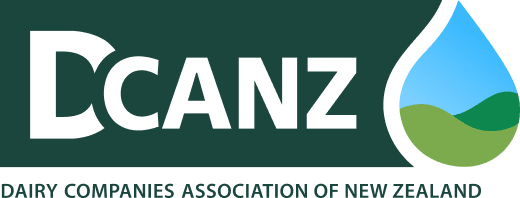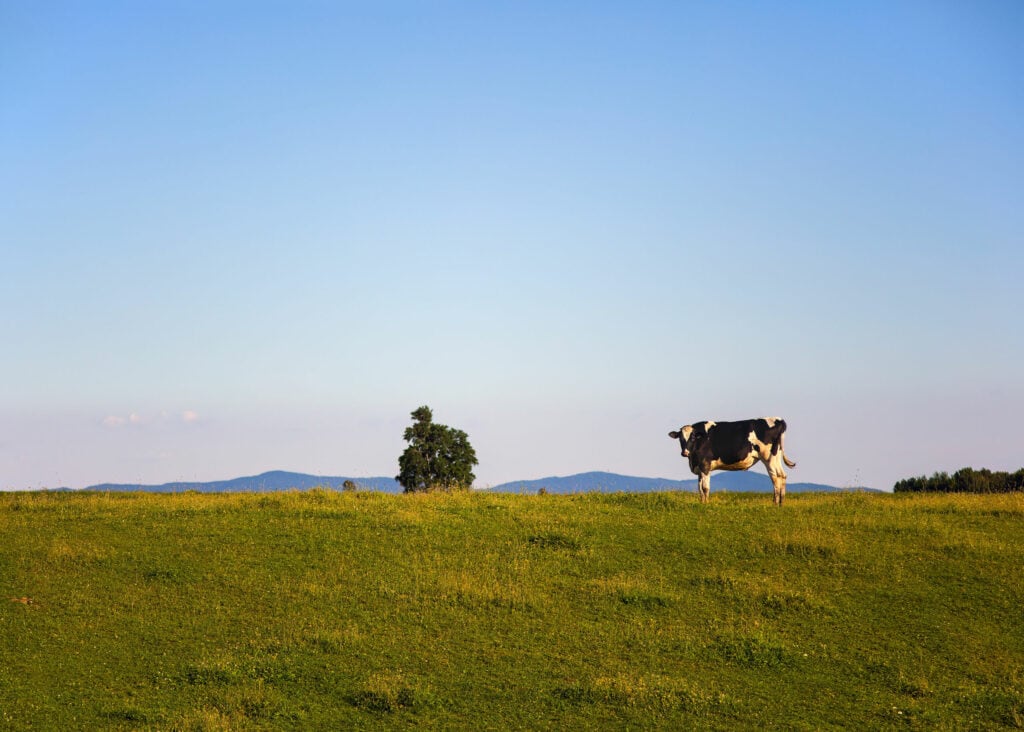New Zealand dairy companies are committed to working with their farmer suppliers to support the uptake of economically viable opportunities to further reduce the world-leading emissions footprint of New Zealand dairy products and contribute to global emissions reductions.
To be effective, policies aimed at supporting farm-emissions reduction must start with a farm-level approach to emissions accounting that fairly recognises individual farmers efforts.
DCANZ acknowledges and welcomes the Government’s announcement that it is committed to a farm-level approach in its emissions measurement and pricing policy. The currently legislated processor-level pricing approach is crude and will lead to perverse outcomes.
Moving the legislated milestones back to allow time for a farm-level approach to be established is appropriate.
DCANZ’s position continues to be that any emissions pricing system must not only be on-farm, but also appropriately recognise mitigation availability, socio-economic impacts, and emissions leakage risks. We have engaged in the He Waka Eke Noa partnership with a view to constructively working with Government to ensure this balance within agricultural emissions pricing systems design. This will also be our focus in future policy consultations.
New Zealand is a lower-emissions source of important dairy nutrition for global customers, and dairy is an important contributor to the New Zealand economy (accounting for between 30-35% of total goods export earnings over the past 5 years). It would be counter-productive to implement a system that risked imposing punitive costs on the world’s most efficient producers of milk and by doing so increase global emissions.

